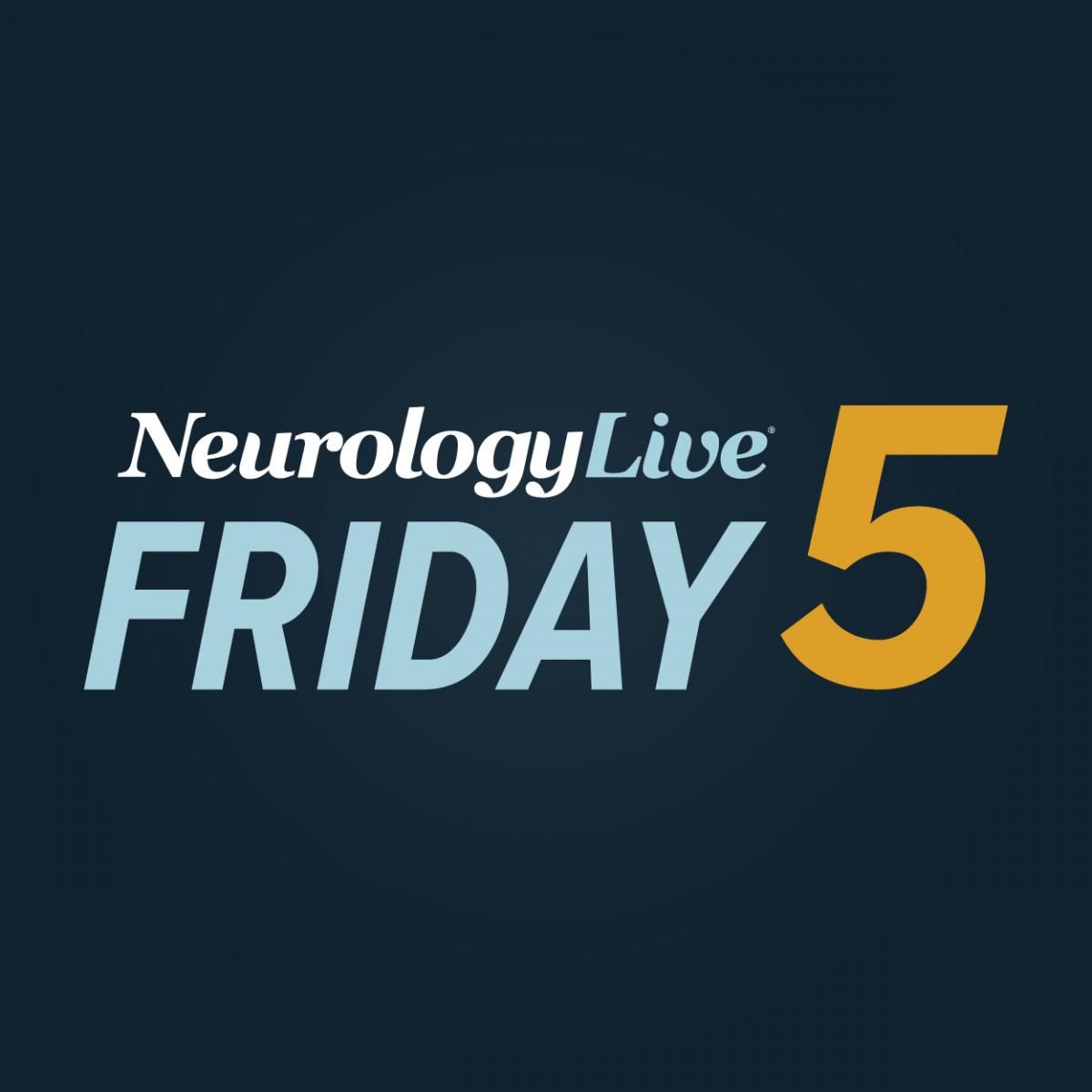News
Article
Earlier Initiation of Ublituximab Results In Improved Disease Outcomes in Treatment-Naïve Multiple Sclerosis
Author(s):
Patients with first MS symptoms less than 3 years prior to enrollment saw greater long-term benefits with ublituximab than those with longer disease course.
Derrick Robertson, MD

Ublituximab (TG Therapeutics), a recently approved disease-modifying therapy for relapsing multiple sclerosis (MS), may be more effective when administered earlier in patients’ disease course. Presented at the 2024 American Academy of Neurology (AAN) Annual Meeting, held April 13-18, in Denver, Colorado, new findings from 2 pooled phase 3 studies showed that earlier initiation of the treatment within 3 years of symptom onset was associated with improved disability outcome measures.1
At 96 weeks, treatment naïve participants that had their first MS symptom less than 3 years prior to enrollment showed a –0.16 change in Expanded Disability Status Scale (EDSS) score with ublituximab and a 0.02 change on teriflunomide (Aubagio; Sanofi), the comparator drug (P = .0086). A numerical, but less significant improvement was also seen in those with later-stage MS. For those who had MS symptoms for more than 3 years prior to the study, investigators recorded EDSS score changes of –0.10 and 0.01 for those on ublituximab (n = 206) and teriflunomide (n = 237), respectively.
Led by Derrick Robertson, MD, associate program director of the neurology residency program and director of the multiple sclerosis division at University of South Florida, the data was compiled from the phase 3 ULTIMATE 1 and 2 trials (NCT03277261; NCT03277248). These trials, which featured 1094 patients with relapsing MS across 10 countries, served as the primary efficacy data to support ublituximab’s approval in December 2022. Both studies were conducted under a special protocol assessment established with the FDA.
Additional data from the analysis revealed improvements in the change from baseline to week 96 in the MSFC z-score were observed for ublituximab vs teriflunomide but were more pronounced in patients that initiated treatment early. Overall, for the early initiators, patients on ublituximab had a 0.32 change in score vs 0.09 for those on teriflunomide, equating to a 3.6-fold improvement. Among those with later disease onset, the MSFC z-score changes were 0.63 in the ublituximab group and 0.36 in the teriflunomide group, otherwise a 1.8-fold improvement.
READ MORE: NeuroVoices: Francesco Saccà, MD, PhD, on Crossing Over Dimethyl Fumarate in Friedriech Ataxia
Ublituximab is a novel, type 1 chimeric, immunoglobulin G1, anti-CD20 monoclonal antibody glycoengineered with a low fucose content in its fragment crystallizable region to enhance affinity for all variants of FcγRIIIa receptors, thereby producing potent antibody-dependent cellular cytotoxicity. When it was approved, ublituximab became the first anti-CD20 treatment that is administered twice-yearly as 1-hour infusions, following the initial doses.
In ULTIMATE 1 and 2, patients were randomly assigned to either intravenous ublituximab (150 mg on day 1, followed by 450 mg on day 15 and at weeks 24, 48, and 72) or oral teriflunomide (14 mg once daily), with annualized relapse rate (ARR) as the primary end. All told, treatment with ublituximab resulted in ARRs of 0.08 and 0.09 in ULTIMATE 1 and 2 at week 96, compared with rates of 0.19 and 0.18 for the teriflunomide-treated group in the respective studies (P <.001; P = .002). Ublituximab was associated with infusion-related reactions, though, which occurred in 47.7% of the treated participants compared with 12.2% of those on teriflunomide.2
Since its approval, there have been several other post-hoc analyses of the ULTIMATE trials, including one presented at the 2023 Consortium of Multiple Sclerosis Centers (CMSC) Annual Meeting. There, data showed that ublituximab outperformed teriflunomide in improving patient fatigue, a common symptom of MS. All told, using the Fatigue Impact Scale (FIS), investigators observed significantly greater reductions with the anti-CD20 agent across all individual time points (week 24: –6.4 vs –3.1; P = .027; week 48: 8.2 vs –4.4; P = .018; week 96: –9.1 vs –4.4; P = .008).3
Click here for more coverage of AAN 2024.
REFERENCES
1. Robertson D, Hartung HP, Qian P, et al. Earlier initiation of ublituximab treatment is associated with improved disability outcomes among treatment-naïve participants in ULTIMATE 1 and 2. Presented at: 2024 AAN Annual Meeting; April 13-18; Denver, CO. POSTER 006400
2. Steinman L, Fox E, Hartung HP, et al. Ublituximab versus teriflunomide in relapsing multiple sclerosis. N Engl J Med. 2022;387:704-714. doi:10.1056/NEJMoa2201904.
3. Alvarez E, Robertson D, Wynn D, et al. Ublituximab is associated with significant improvement in fatigue: results from ULTIMATE 1 and II. Presented at: 2023 CMSC Annual Meeting; May 31-June 3; Aurora, CO. Abstract DMT02
Newsletter
Keep your finger on the pulse of neurology—subscribe to NeurologyLive for expert interviews, new data, and breakthrough treatment updates.




